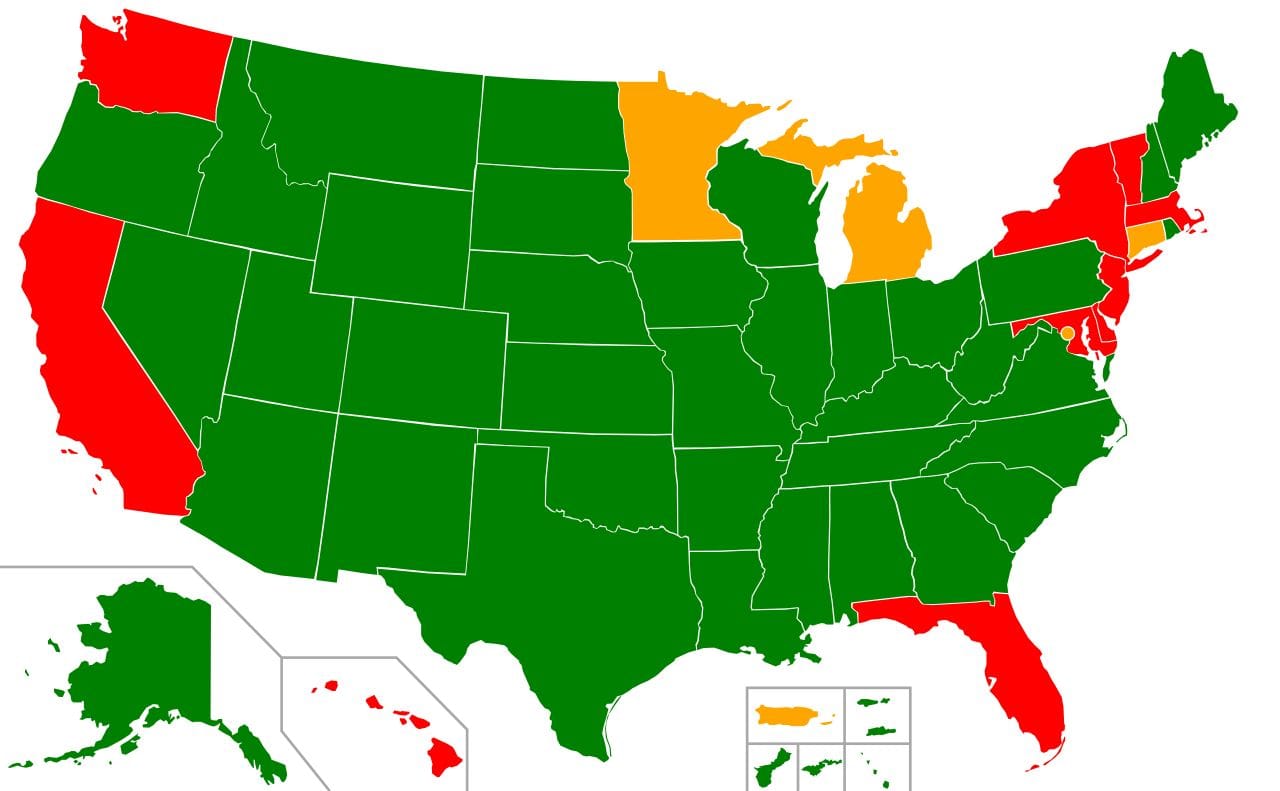The Trump Administration Is About to Ban Bump Stocks for Guns

WASHINGTON, D.C. - U.S. officials familiar with the matter told CNN Wednesday that the U.S. Justice Department is about to announce a federal rules change that would ban so-called "bump stocks" throughout the United States.
An official announcement from the Trump administration is forthcoming within a few days the report says.

"Slide Fire" or "Bump" Stocks Defined:
A gun stock or shoulder stock is the "butt" of a long gun (such as a rifle) that is placed against the user's shoulder when firing the gun to steady it for better aim and to absorb recoil.
A bump fire stock is a stock with a sliding feature that modifies a semi-automatic rifle to create a more rapid rate of fire by using the recoil from each successive discharge of the rifle to automatically push the trigger against the user's finger and discharge the rifle again. The shooter simply squeezes and holds the trigger, and the firearm unloads the magazine in rapid succession.
Current Legal Status of Bump Stocks
Bump stocks are currently legal in 38 U.S. states:

Green: Bump stocks legal || Yellow: Legality unclear || Red: Bump stocks illegal
During the Obama administration, the Justice Department Bureau of Alcohol, Tobacco, Firearms, and Explosives (ATF) classified bump stocks as firearm parts or accessories that are not subject to federal regulation, so the upcoming rules change will make the Republican Trump administration stricter on gun control than the Democratic administration of Barack Obama.
Trump's Bump Stock Ban
Bump stocks entered the mainstream consciousness in October 2017 after a rampage murderer in Las Vegas used them when he fired on concertgoers, killing 58 people. Donald Trump promised to outlaw the devices shortly after the massacre.
Republican lawmakers on Capitol Hill prefer the rules change to take place at the executive discretion of the Justice Department, rather than attempt to craft a legislative gun policy that may endanger their support among conservative and pro-Second Amendment voters.
The Justice Department's new policy will classify bump stocks as gun modifications that fall under the prohibition on fully automatic weapons because they allow a "shooter of a semiautomatic firearm to initiate a continuous firing cycle with a single pull of the trigger."
Bump stock owners will be required by the Justice Department to destroy their bump stocks or surrender them to the police, and will be given a 90 day window to comply.
Legal Challenges to Bump Stock Ban
It remains to be seen whether there will be legal challenges to the rules change in the U.S. Courts, although Sen. Dianne Feinstein (D-CA) has warned there likely will be if the change is made by regulatory decree rather than legislated.



